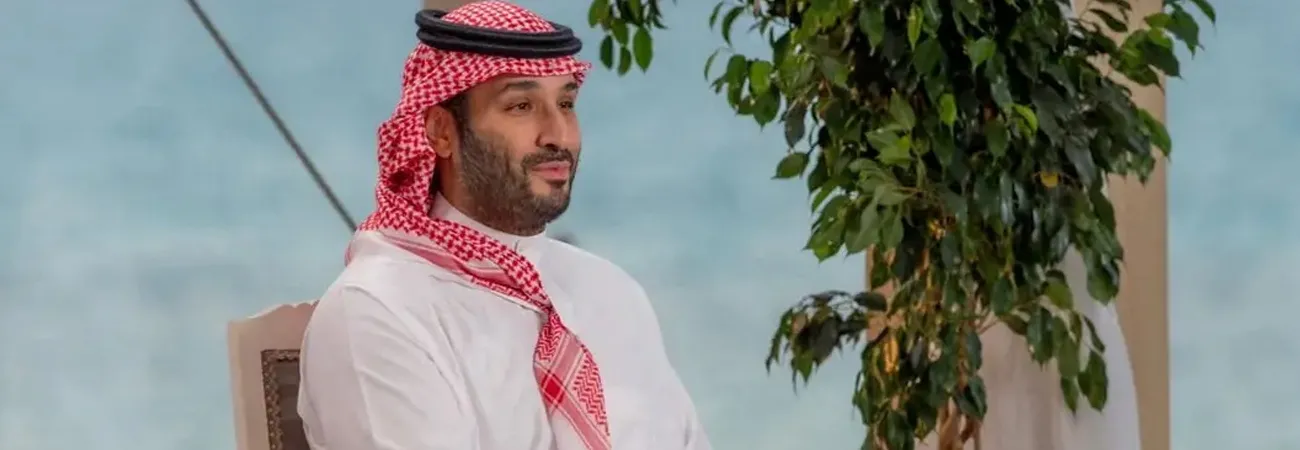i NEWS INTERNATIONAL
Crown Prince and Prime Minister Mohammed bin Salman, introduced the National Red Sea Sustainability Strategy. This initiative is designed to safeguard the Red Sea, empower local communities, and facilitate a shift towards a blue economy, in alignment with Saudi Vision 2030 and the newly established national priorities for research, development, and innovation (RDI), particularly focusing on sustainable environmental practices and essential needs. During the announcement, the Crown Prince highlighted Saudi Arabia’s commitment to harnessing its extensive economic, geographical, and cultural resources while promoting sustainability and environmental stewardship. He characterized the strategy as crucial for integrating the blue economy into the Kingdom’s diversified economic framework.
“The Kingdom aims for the Red Sea region to serve as a global benchmark for leading blue economy initiatives and reaffirms its dedication to a sustainable future for the Red Sea,” he stated, urging collaborative efforts to protect the Red Sea coastline and the communities dependent on it. The Red Sea spans 186,000 square kilometers and features a coastline of 1,800 kilometers, making it one of the most biodiverse areas globally. It hosts the fourth-largest barrier reef system, accounts for 6.2% of the world’s coral reefs, and includes numerous islands. The strategy presents a detailed framework for the preservation and regeneration of these natural assets while ensuring their sustainable enjoyment for future generations. This transition is expected to generate investment opportunities across various marine sectors, including ecotourism, fisheries, renewable energy, water desalination, shipping, and industry.
A fundamental aspect of the strategy is its ambitious vision for the year 2030. The objective is to increase marine and coastal protected areas from 3% to 30%, elevate the share of renewable energy to 50% of the overall energy mix, and generate thousands of new employment opportunities associated with blue economy initiatives. The strategy is structured around five primary objectives: Environmental Sustainability, Economic Development, Social Development, Safety and Security, and Governance and Collaboration. Within this framework, 48 specific initiatives have been formulated to advance the Kingdom’s goals for the blue economy.
Credit: Independent News Pakistan (INP)








